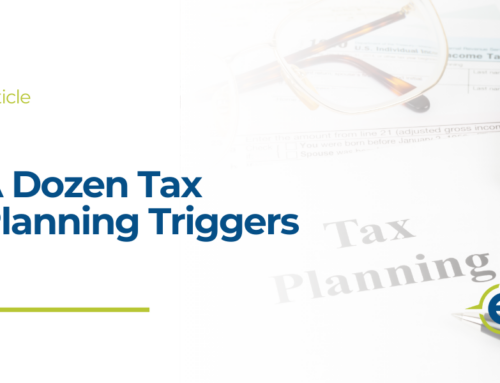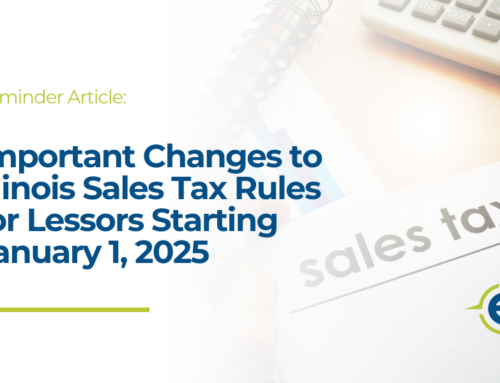Replacing Lost Tax Breaks for Your Growing Children
Your kids are getting older. Before you know it, they’ll be driving, getting jobs of their own, and entering college (if they aren’t already!). Tax breaks drop dramatically as your children grow up, but you may be able to offset the losses with some timely tax planning. Consider the following tax events based on the age of your child:
No more dependent daycare credit.
The minimum annual credit for the cost of caring for your children while you and your spouse work is generally $600 for one child and $1,200 for two or more children when your adjusted gross income exceeds $43,000. But the credit is only available for children under age 13.
Tax move:
Now that your child is a teenager hire him or her to work at your business. Typically, the child will owe little or no income tax on the wages and might even be able to claim an exemption from withholding.
Age 17: Child Tax Credit (CTC) no longer available.
With the CTC you receive a $2,000 credit ($1,600 of which is refundable) for each child. Unfortunately, the credit disappears when the child turns 17. Remember, a tax credit is a dollar-for-dollar reduction of your taxes due, so as each child reaches 17, your taxes will go up by the full amount of the previously-claimed credit.
Tax move:
Claim a nonrefundable $500 credit for a dependent who isn’t a qualifying child for the CTC. This is typically available to parents of high school seniors and college students.
Age 19 or 24: Goodbye kiddie tax.
And now, some good news. At 19, your child is no longer subject to kiddie tax rules unless they are a full-time student. In that case, they stay eligible for another four years (until age 24). This means any unearned income like interest and dividends in excess of the annual threshold ($2,300 in 2023) is no longer taxed at the parent’s (usually higher) tax rate.
Tax move:
As your child exits exposure to the kiddie tax, it may be time for a planning session. Long-held stocks with capital gains in a child’s name can now be sold with little to no federal tax obligation.
As you watch your children grow up and begin gaining their independence, remember to plan ahead for changes to your tax situation. Please call if you have questions about these child tax breaks or to schedule a planning session to discuss what other tax breaks may be available to you.







